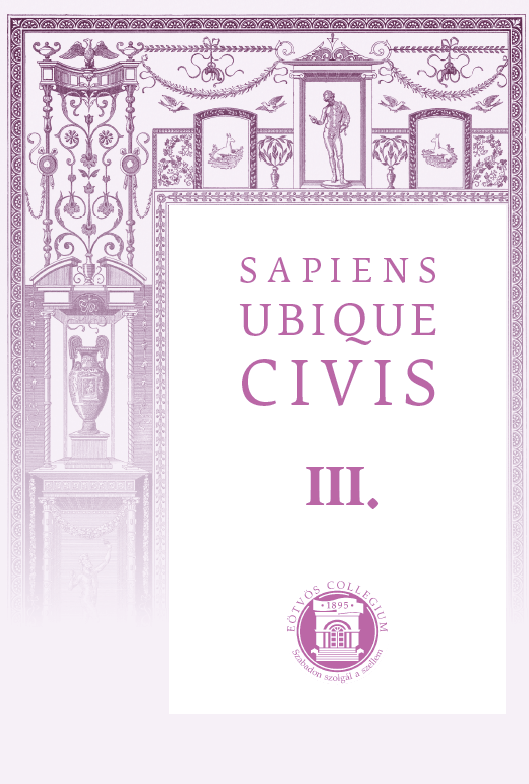Avarice and Humor in Plautus’ Comedy The Pot of Gold: Translation Procedures and Equivalent Effects
Main Article Content
Abstract
The paper searches for some textual occurrences regarding the distinctive Plautine humor with its prevalent linguistic aspect and particularly wordplays and phrases concerning the concept of avarice in his comedy The Pot of Gold. By exploring some specific examples, the text brings forward techniques of translation for rendering a comic effect in the first full translation (1915) of the play in Bulgarian by A. D. Pironkov. The purpose of the analysis is to determine whether the translation methods used ensure the preservation of Plautus’ comic effect. Some linguistic characteristics of humor are presented based on Cicero’s categorization of types of humor. A brief explanation is given of a possible pragmatic instrumentarium for producing humorous impact for a new audience.

